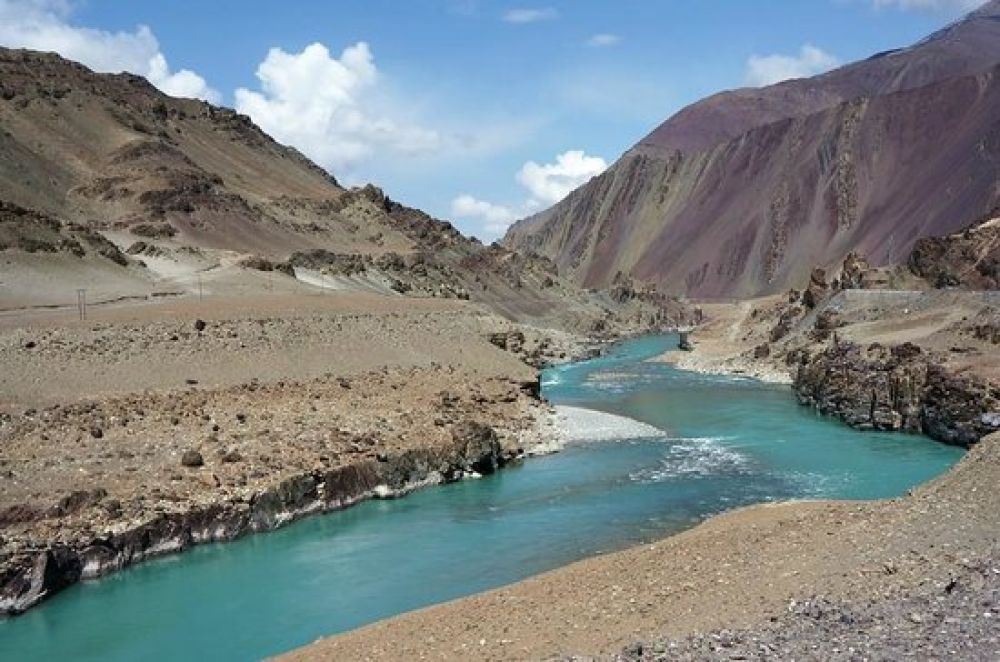

The serenity of Alchi, situated on the shores of the Indus River, has been a site of spiritual and cultural importance since the 10th century. Founded by the great translator Guru Rinchen Zangpo, the Alchi complex is renowned for its monasteries and temples, which exhibit a unique form of Buddhist art and wood carvings which are considered some of the oldest surviving in the region. Alchi's importance lies in its role as a center for the diffusion of Buddhist teachings and cultural exchange through the ages.
The influx of tourists to Alchi began in earnest in the 1970s, following the opening of Ladakh to international visitors. What attracted them was the blend of spirituality, culture, and the natural beauty of the Himalayas. Alchi Monastery, with its ancient murals and statues, became a key point of interest for both pilgrims and culture enthusiasts, serving as a living museum of Indo-Tibetan Buddhism.
In recent years, there has been a growing trend toward sustainable tourism in Alchi, with an emphasis on preserving its natural and cultural heritage. Local homestays, eco-friendly accommodations, and organized cultural tours have gained popularity, providing visitors with immersive experiences while supporting the local economy.
Additionally, adventure tourism has risen, leveraging the rugged landscape of Ladakh for trekking, river rafting on the Indus, and mountain biking. The trend of combining adventure with cultural exploration provides a more comprehensive experience of Alchi's unique environment. Leisure tourism has also become popular, with visitors seeking the tranquility and spiritual atmosphere that the village offers.
The future of tourism in Alchi looks to focus on preserving the ecological and cultural integrity of the region. Authorities and local communities are continuously working on finding a balance between facilitating tourism and ensuring that the influx of visitors does not overwhelm the village's resources or disturb its peaceful charm. Efforts are being made to promote off-season travel to distribute the tourist load throughout the year, thus ensuring a sustainable model of tourism for Alchi.
With new infrastructural developments, such as better roads and improved connectivity, Alchi is becoming more accessible to a global audience. However, these developments also come with a responsibility to maintain the essence of Alchi, allowing future generations to enjoy and learn from its profound heritage.
The rich history of tourism in Alchi, Ladakh, is a testament to the region's captivating allure. From its tranquil monasteries along the Indus River to the rugged beauty of its landscapes, Alchi continues to draw the curious and the spiritual alike. As tourism evolves, the key to Alchi's enduring appeal will be in how it adapts to new trends while honoring the traditions and environment that make it truly unique.